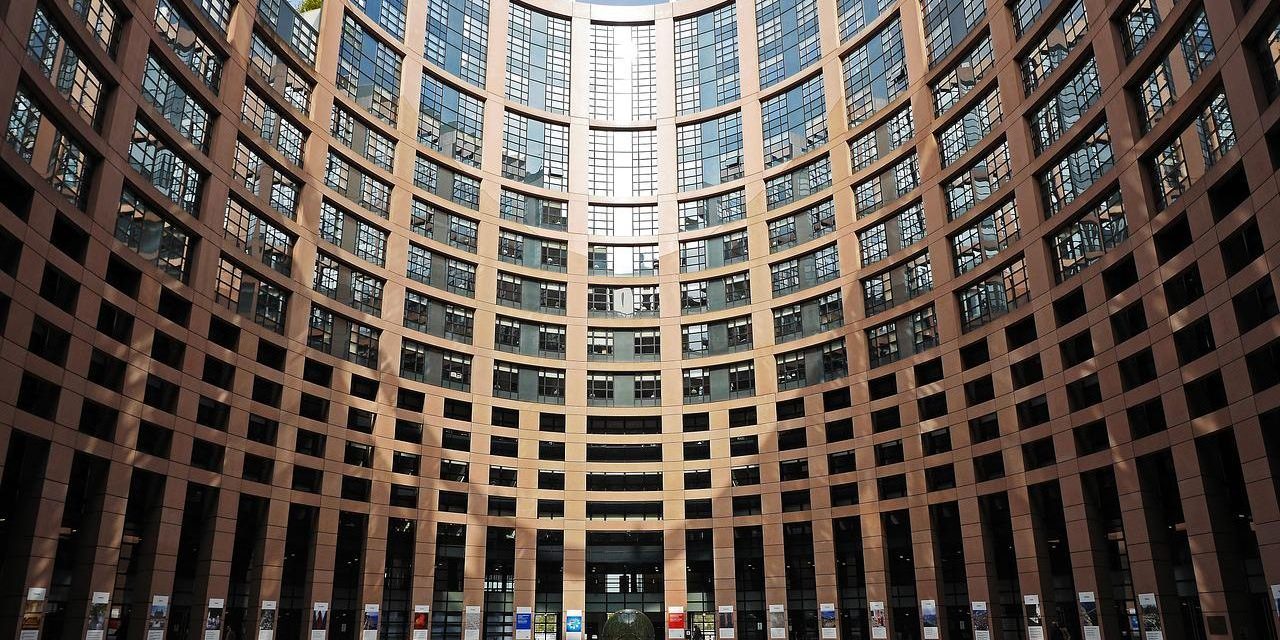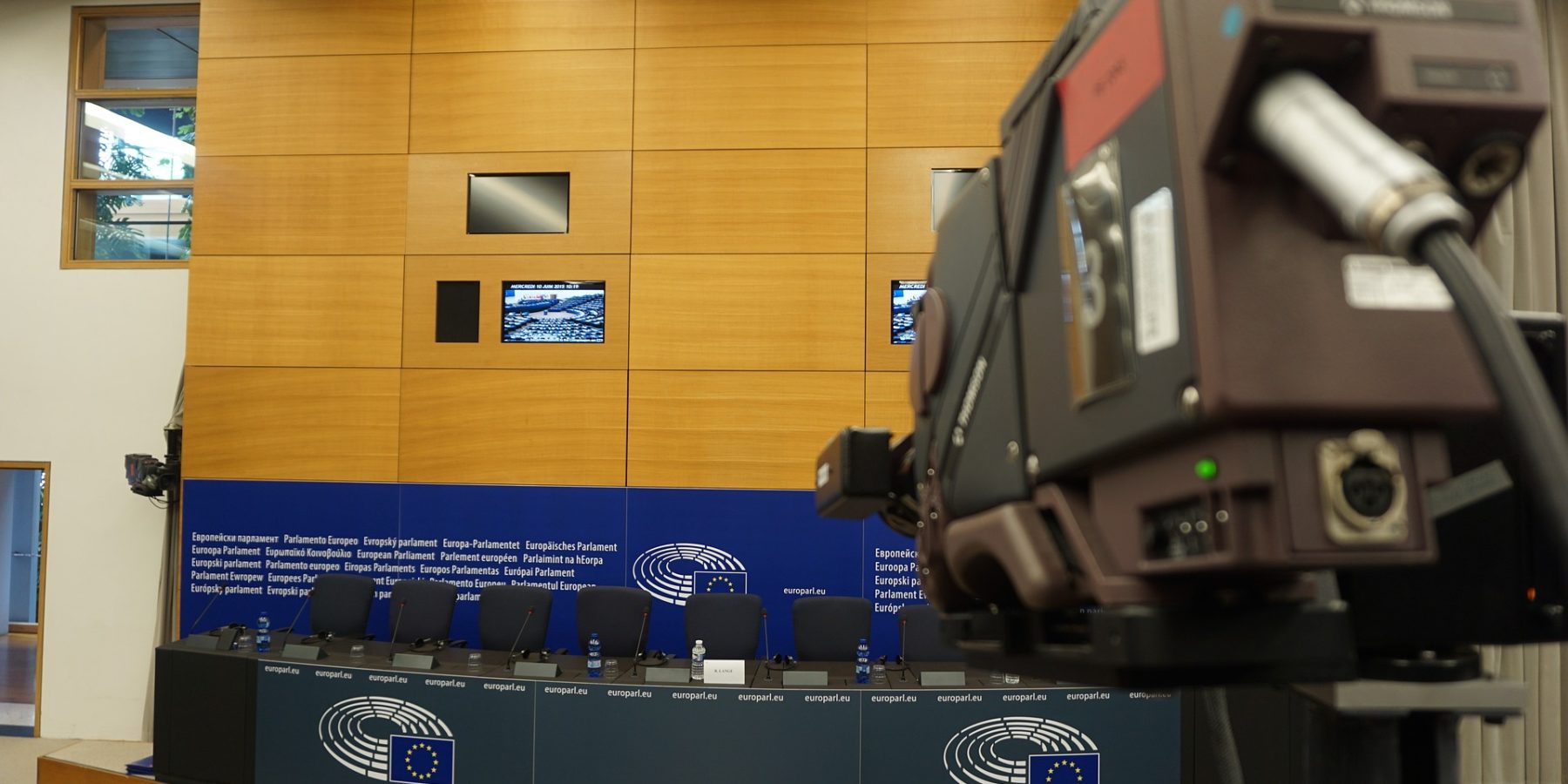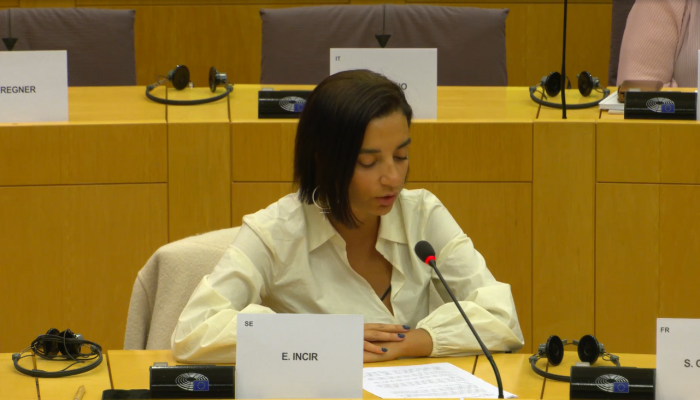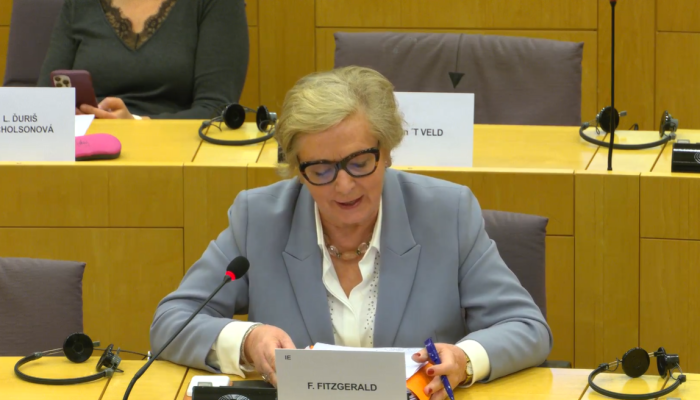
Parliament position adds to protection from gender-based violence
Combating violence against women and domestic violence file proceeds.

Following months of discussions in Brussels, the Parliament position on the proposed directive on combating violence against women and domestic violence was presented by co-rapporteurs Evin Incir and Frances Fitzgerald today (January 12th). During a joint LIBE and FEMM committee meeting, both rapporteurs detailed how the 179 proposed amendments would improve an already ambitious text.
Concretely, the tabled amendments make the text stronger through adding:
- A greater emphasis on the workplace, with an onus on employers to develop, in consultation with workers’ representatives, inclusive, integrated and specialised strategies to mitigate and prevent sexual harassment at the workplace
- Employer’s responsibility to safeguard workers health, with the inclusion of workplace violence and harassment as part of health and safety evaluations
- Training for supervisory staff, provided with input from worker’s representatives, social partners and independent experts
- The provision of safe and anonymous reporting channels
- Non-discrimination for victims and those who report instances of harassment/abuse/violence
- Anonymity and non-disclosure of personal data to national authorities dealing with migration
- Access and funding for educational programmes challenging sexism and gender stereotypes
- The collection of data on incidents at the workplace to inform future targeted policy actions
Many of these are consistent with the demands of trade unions since the unveiling of the text, and we welcome the suggested changes from both rapporteurs.
“Despite the prevalence of these violations of human rights, there are some who fail to see the urgency”
 On a daily basis we are reminded of the need for European action against gender-based violence, yet this is the first concrete example of a legislative initiative to tackle the root of the problem. Presenting their proposal, rapporteur Evin Incir (S&D, SE) outlined that “around 50 women lose their life to domestic violence every week. 75% of women within a professional setting have experienced sexual harassment”.
On a daily basis we are reminded of the need for European action against gender-based violence, yet this is the first concrete example of a legislative initiative to tackle the root of the problem. Presenting their proposal, rapporteur Evin Incir (S&D, SE) outlined that “around 50 women lose their life to domestic violence every week. 75% of women within a professional setting have experienced sexual harassment”.

Regardless, pushback can be expected from some quarters, as emphasised by rapporteur Frances Fitzgerald (EPP, IE) - “despite the prevalence of these violations of human rights, there are some who fail to see the urgency. There is resistance from a number of Member States to the legal basis on which this directive is being built”.
Irrespective of the challenges, civil society, trade unions and social partners have reaffirmed their support for the adoption of a strong text, with MEP Incir correct in pointing out that this text represents “history being made”. While the political negotiations can only begin when the Parliament finalises it’s text, MEP Fitzgerald is confident that the institution will “send a strong message, and help create a strong directive”.
